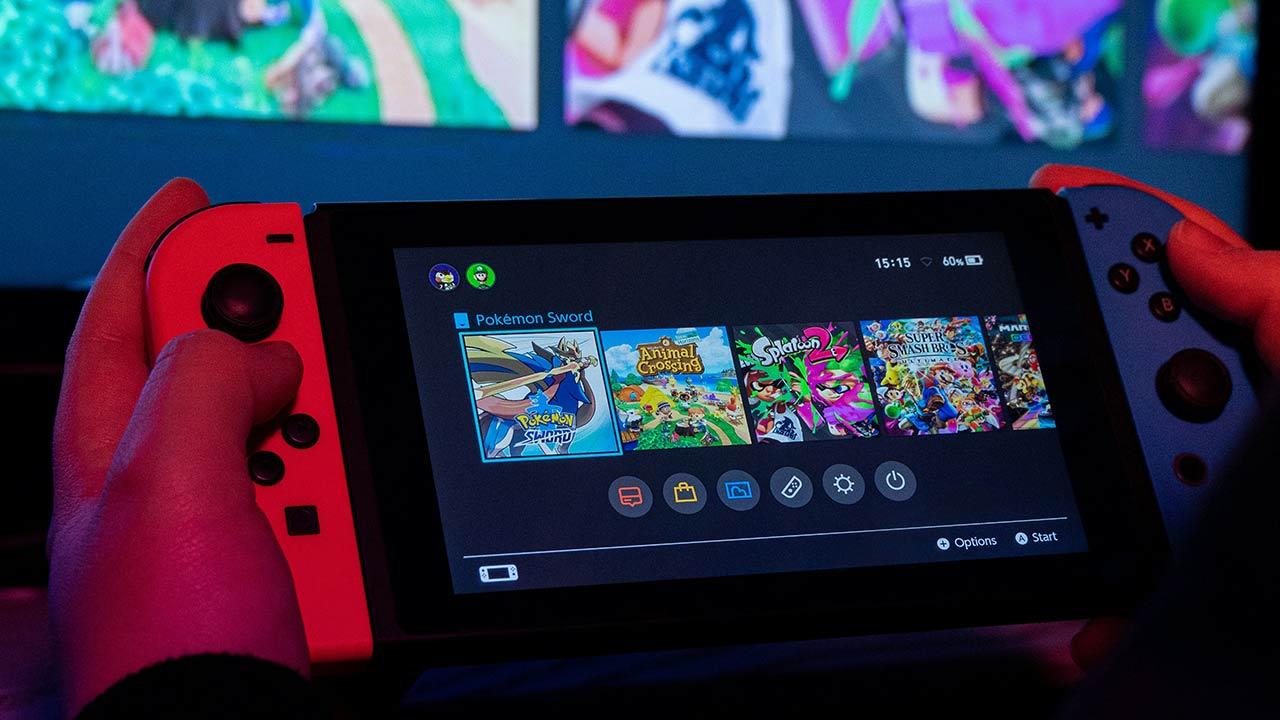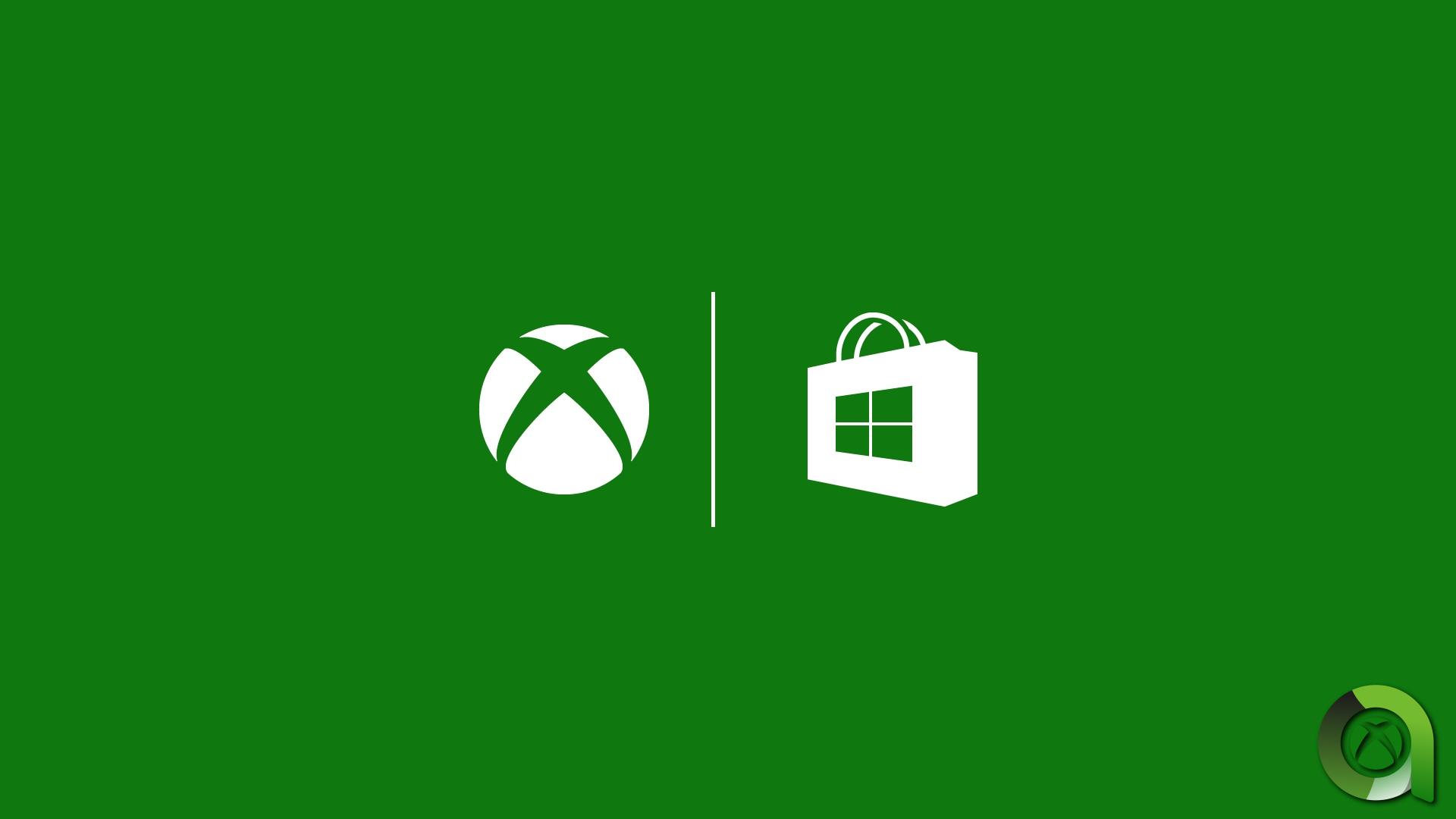Unlike iPhone, Android users have been able to download apps to their phone since day one. But following the antitrust lawsuit filed in the United States against Google, a judge said that was not enough. Google will be forced to allow third-party companies to distribute their own Android app stores on the Google Play Store, without any sideloading necessary.
Ars Technica reports that US federal judge James Donato has issued an injunction that will force Google to allow third parties like Epic Games and Amazon to sideload their own apps that distribute other apps to users, which currently violates the Play’s terms of service Store.
These stores – presumably the Epic Games Store and Amazon Appstore respectively – would then allow users to purchase and install other apps completely outside of Google’s semi-closed system and outside of its lucrative monetization platform. That was certainly Epic’s goal when it initially filed suit in 2020 following its attempted sale. Fortnite in-app purchases without giving Google the standard 30% cut. Google will also be prohibited from forcing app developers to sell in-app purchases only through the Play Store.
Donato also takes aim at Google’s cozy (or authoritarian, depending on who you ask) relationship with phone manufacturers and carriers. For three years starting November 1, Google will not be allowed to force phone manufacturers or carriers to pre-install the Play Store to access other Google services, like search and Gmail. Google also won’t be able to prevent them from pre-installing other app stores. The judge said this three-year period is specifically designed to allow Google’s competitors to “level the playing field” in the app space.
Predictably, Google is already considering appealing the injunction, which will likely push its enforcement beyond the November 1 date and perhaps until next year, even if it is maintained. But Google’s control over Android as a platform seems shaky. In addition to years of regulatory action in the European Union, the United States Department of Justice said it plans to force Google to split the Play Store, Android itself or the Chrome browser operating system to separate companies, or to sell them entirely. It would be the nation’s most sweeping antitrust action this century.
Frankly, in the current political climate, this all seems unlikely. But it’s clear that Google’s approach to the Android ecosystem is seriously criticized by regulations. Major change of a few This kind of change seems inevitable at this point – the only questions will be how big this change is exactly and how it will affect the market and the billions of people who use Android every day.








